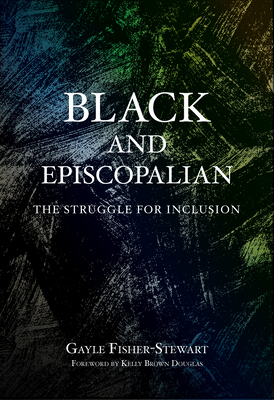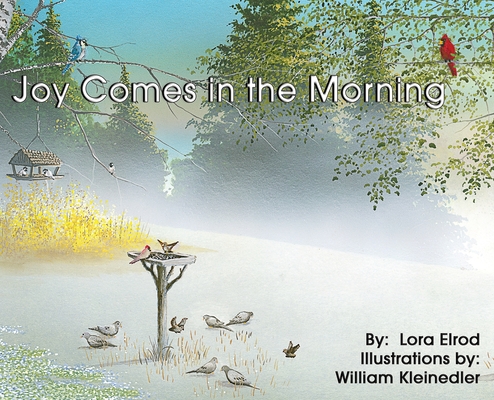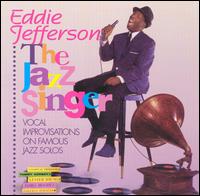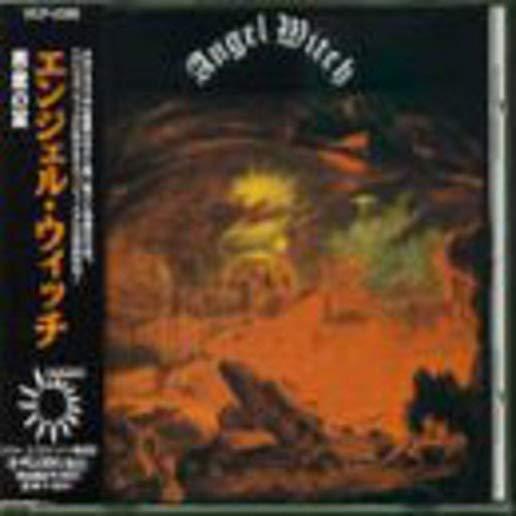
description
le for authentic inclusion in the church. From a strong voice in the dialogue about what Black lives matter means in relation to faith, a powerful lament and a hopeful message about the future. Historically, to be Episcopal/Anglican, as it was to be American, was to be white. Assimilation to whiteness has been a measure of success and acceptance, yet, assimilation requires that people of color give up something of themselves and deny parts of their heritage including religious practices that sustained their ancestors. Despite the fact that Blackness is on display on Black History Month for example, and Black/African heritage is given primacy in the liturgy, music, and preaching during that time, at other times this doesn't seem to be the case. The author argues that whiteness is embedded in every aspect of religious life, from seminary to Christian education to last rites. Is it possible to be Black and Episcopalian and not feel alien, she asks. In her words we learn that inclusivity, above all, must be authentic.
member goods
No member items were found under this heading.
Return Policy
All sales are final
Shipping
No special shipping considerations available.
Shipping fees determined at checkout.







